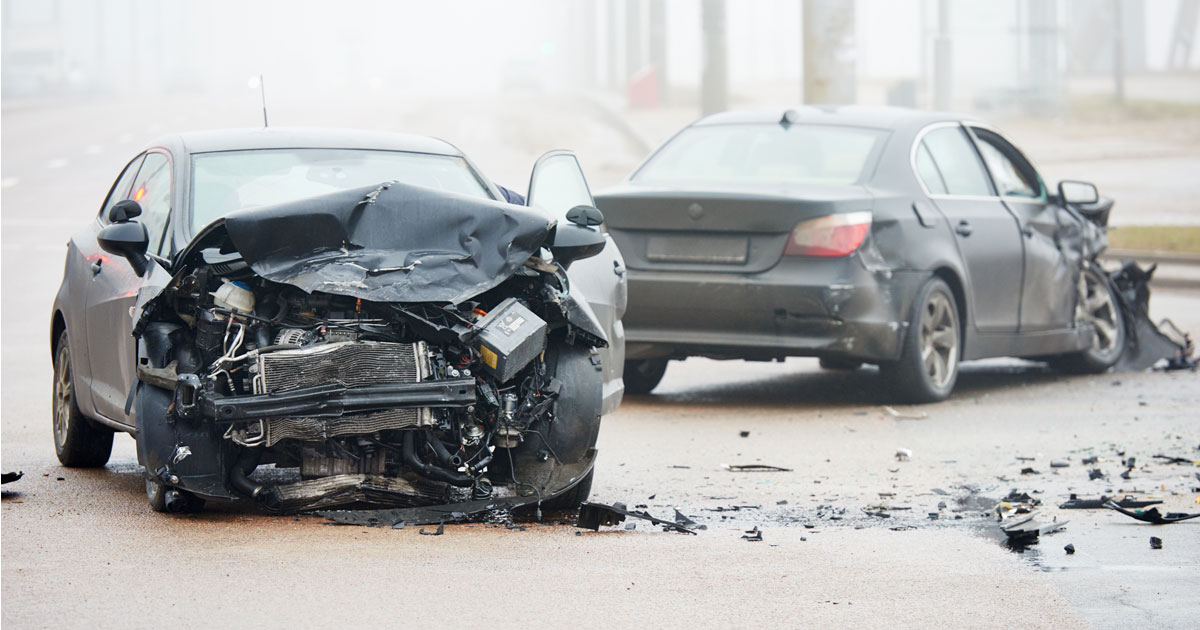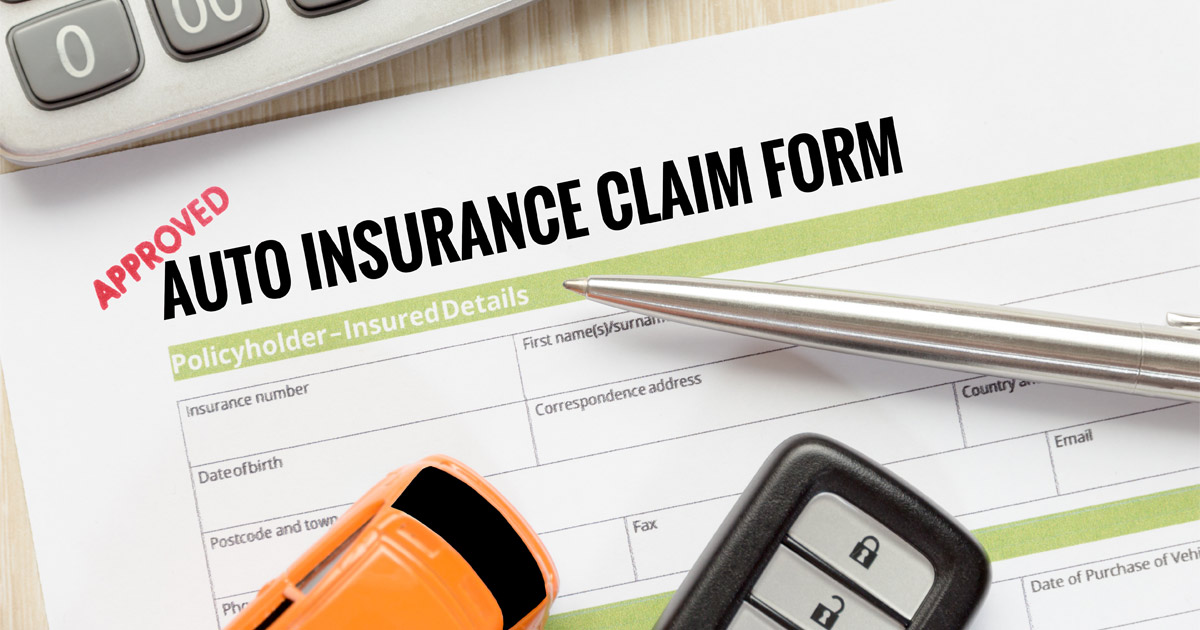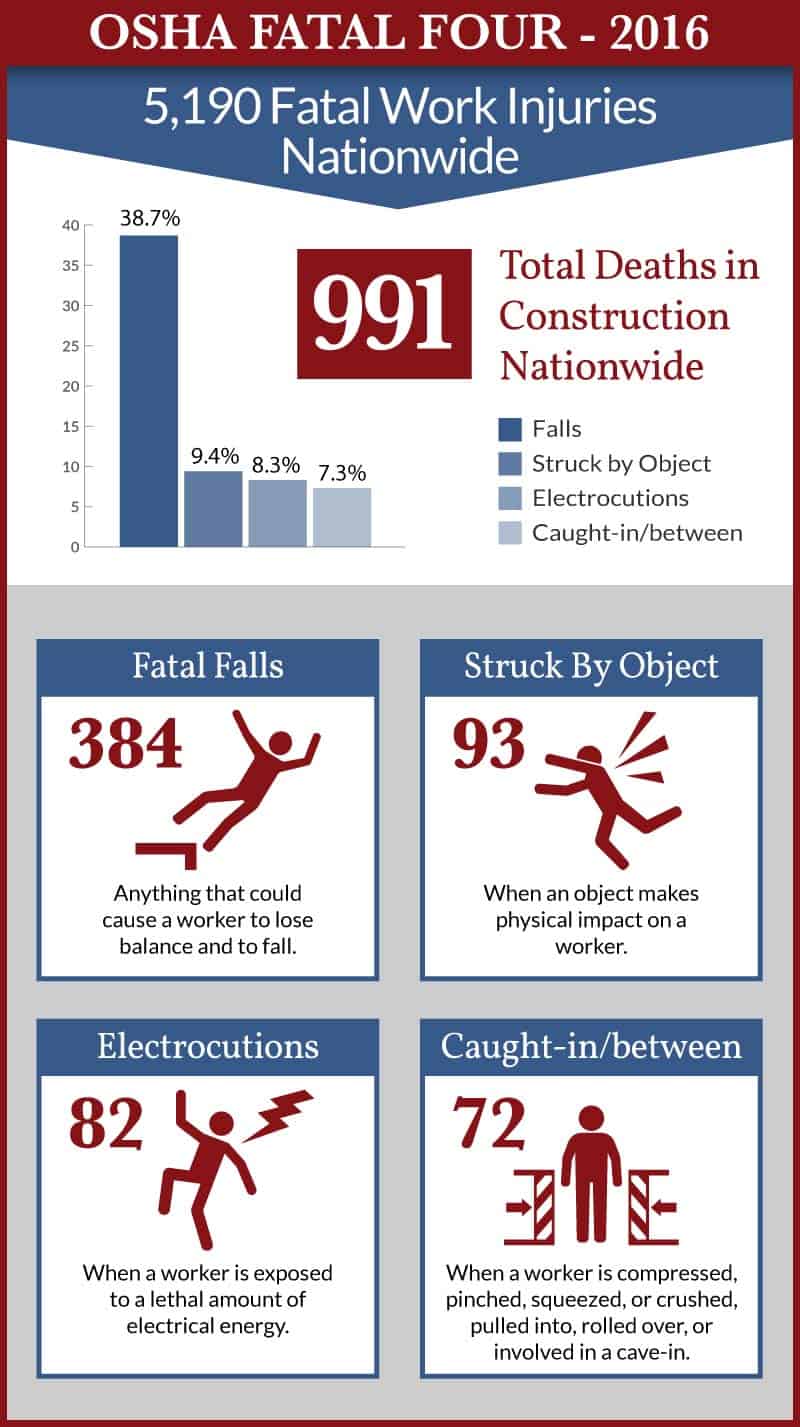Car Accidents

Car accidents are life-changing events that may cause temporary or permanent injuries, disability, and even death. Even a small car crash can result in injuries, and the lives of all involved could be disrupted. For the sake of your mental and emotional well-being, you must learn how to avoid car accidents and what to do when it happens to you. Everyone involved in your accident should be held to account for their negligence.
Causes of Car Wrecks
Car accidents are typically caused by driver error, according to the National Highway Traffic Safety Administration (NHSTA). Some of the most common causes of car wrecks include:
- Distracted driving: The Centers for Disease Control and Prevention (CDC) reports that distracted drivers injure more than 1,000 people per day.
- Drugged/drunk driving: According to the CDC, approximately 10,000 people are killed in drunk driving accidents each year. That comes out to a death every 50 minutes at a cost of $44 billion a year. A 2018 study showed that 12 million people aged 16 and over admitted to driving after using marijuana, and a staggering 2.3 million used illicit drugs before getting behind the wheel.
- Speeding: In 2017, about 26 percent were killed in accidents in which a driver was speeding, according to the NHTSA. Speeding can occur when you are willfully driving over the posted speed limit, driving too fast for conditions, racing through a construction zone, or driving too quickly on unlit roads.
- Vehicle defects: Vehicles with design or manufacturing defects in the tires, brakes, airbags, seat belts, transmission, door latches, fuel pumps, steering racks, tires, headlights, or other parts may cause car accidents. You may not have been aware of the defects on your vehicle, or the manufacturer may not have sent a proper notice of a recall.
Types of Car Accidents
There are several ways a car wreck can occur. Some involve only one driver running off the road or hitting objects, such as trees, electrical poles, retaining walls, barriers, and siderails. Accidents commonly involve two vehicles while others are multi-vehicle collisions involving more than three drivers. Common types of car accidents include:
- Head-on collisions: Head-on collisions may be caused by drivers who strayed from their lane due to negligence or poor conditions. Also, errant drivers may enter a state highway or interstate traveling the wrong direction.
- Intersection Accidents: Intersection accidents may be caused when a negligent driver passes through a red light. Drivers who are turning may be struck by a motorist speeding through the intersection, or the driver who is turning into traffic was negligent when making the turn.
- Low-speed crashes: A low-speed crash may cause little to no damage to your vehicle, but the crash might cause injuries that are difficult to detect.
- Rear-end collisions: A negligent driver might crash into the back of your car at any time and at any speed.
- Sideswipe collisions: Sideswipe accidents are often confused with T-bone crashes. If a driver does not see you when they change lanes, they can damage your car or push you off the road, into a barrier, or into another vehicle.
- T-bone crashes: T-bone, side-impact, or broadside crashes include any accident where one vehicle crashes perpendicular to another. These crashes can be devastating when the driver or passenger is injured because their door was crushed.
- Uber/Lyft accidents: You may have been injured when your Uber or Lyft driver caused a crash. Alternatively, another driver may have crashed into your Uber/Lyft.
Car Accident Injuries
Those who are injured in car accidents may be entitled to compensation for their medical bills, lost wages, and other related expenses. Our Bucks County car accident lawyers have helped clients recover damages for a variety of injuries, including:
- Back injuries: Lower back pain is common after a car accident, and your pain may be related to whiplash, spinal injuries, and other conditions.
- Broken bones: Broken bones can occur, even in low-speed crashes. You may experience bruising and soreness, but the condition will not improve on its own.
- Burns: First, second, and third-degree burns can occur during an auto accident.
- Catastrophic injuries: Amputations, paralysis, traumatic brain injuries can occur at any speed.
- Chest injuries: You may experience fractured ribs, bruised ribs, and muscle strain, which make daily tasks difficult to complete.
- Internal injuries: Internal injuries after a car crash may include internal bleeding and organ damage. You might feel constant stabbing pains, have trouble breathing, or feel intense discomfort when moving a certain part of your body.
- Neck and whiplash injuries: These injuries are common because even a low-speed crash could cause your head to whip forward and back against the headrest. Lower back pain may be reported in addition to constant neck pain.
- Spinal injuries: Spinal injuries occur when the lower half of your body does not move, yet your upper body jerks forward during an accident. Spinal injuries include spinal fractures, herniated discs, spinal stenosis, spondylolisthesis, or spinal cord damage.
Should I Settle with the Insurance Company?
 Insurance companies typically offer injured parties car accident settlements for less than they deserve. You may receive free legal counsel as part of your insurance coverage, but that attorney works for the insurance company. They want to save as much money as possible, and they may try to pressure you to settle quickly or delay making payments.
Insurance companies typically offer injured parties car accident settlements for less than they deserve. You may receive free legal counsel as part of your insurance coverage, but that attorney works for the insurance company. They want to save as much money as possible, and they may try to pressure you to settle quickly or delay making payments.
You are advised not to give a recorded statement to your insurance company. You can report the accident and talk to the police when they arrive. However, you should not give your insurance company any more information than they need. Insurance companies and their lawyers will look for ways to deny you coverage, and you do not have the legal expertise necessary to give a proper statement. It is in an injured party’s best interest to seek legal advice from a qualified attorney in their local area to ensure that their rights are protected.
Pennsylvania Accident Laws
In Pennsylvania, those injured in car accidents must prove that the defendant caused their accident, either negligently or wantonly. If the injured party was at-fault for the accident to any degree, they will only be able to recover damages reduced by their own percentage of fault due to the state’s comparative negligence rule.
In addition, it is important to comply with legal time limits when seeking compensation. The statute of limitations in Pennsylvania for personal injury claims is two years from the date of the accident and a wrongful death claim is two years from the date of death. Moreover, wrongful death lawsuits can only be filed by a representative of the deceased’s estate.
Take Action at the Scene of the Accident
Car accidents are life-changing events, but you must understand what to do after an accident takes place. Follow these steps to the best of your ability after a crash:
- Share information. Share insurance policy and license information with everyone involved in the accident. You need to know that you can file an insurance claim and locate other drivers easily.
- Call the police. A police report is an official record of what happened. Insurance companies will ask for a police report, and the report can be used to corroborate your account. Write down the name and badge number of all responding officers for your records.
- Notify proper agencies. Report the accident to your insurance company per your auto policy’s requirements.
- Document everything. Take pictures and video of the accident scene. You need as much evidence as possible to verify your statements.
- Collect witness accounts. If someone is willing to testify about the accident, ask for their name and phone number. You might meet witnesses who took pictures or video of the accident.
- Collect evidence. Keep any receipts or emails that illustrate your schedule on the day of the accident. Keep the clothes and shoes you wore on the day of the accident and collect all medical records and invoices for your treatment after the accident.
- Seek counsel. Contact a car accident lawyer and share any evidence you have to learn the merits of your case.
Wrongful Death Claims
When someone dies due to a wrongful act, omission, or negligence of another person, the deceased’s estate may file a wrongful death suit against the party who caused the death. A representative of the deceased’s estate must file this lawsuit, not a family member or friend. The deceased’s last will & testament may appoint an executor or administrator who can file a lawsuit on behalf of the estate of the deceased.
Bucks County Car Accident Lawyers at Freedman & Lorry, P.C. Represent Victims Injured in All Types of Car Accidents
If you were injured or lost a loved one in a car accident, contact a Bucks County car accident lawyerat Freedman & Lorry, P.C. Our experienced attorneys can help you receive the compensation you deserve for any accident, large or small. For a free consultation, complete our online contact form or call us at 888-999-1962. Located in Philadelphia, and Cherry Hill, New Jersey, we serve clients throughout Pennsylvania.

